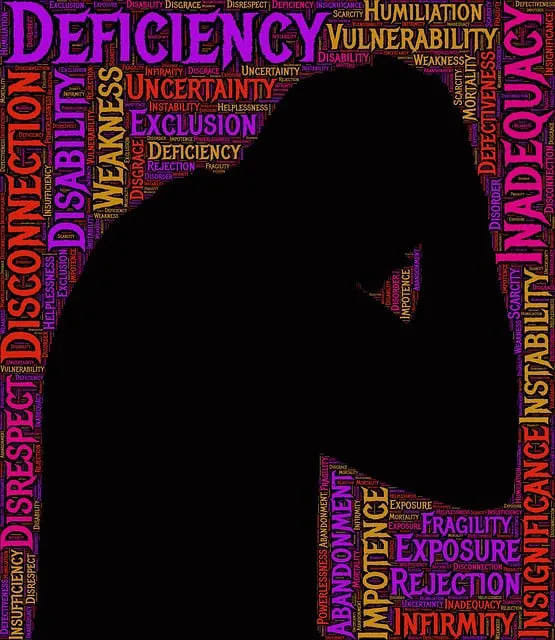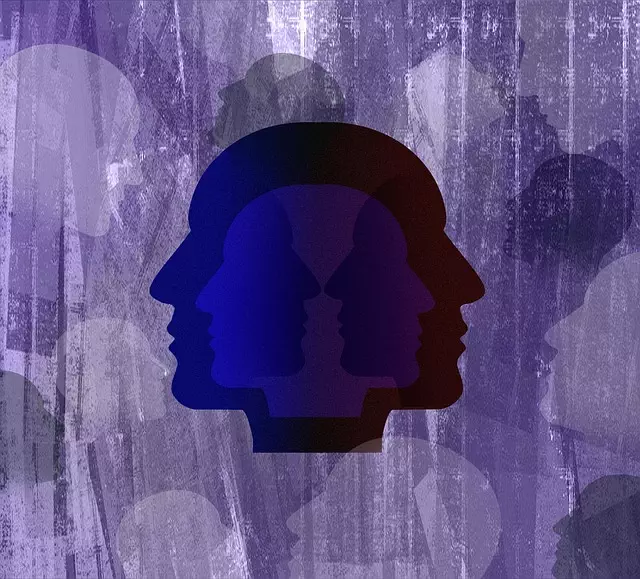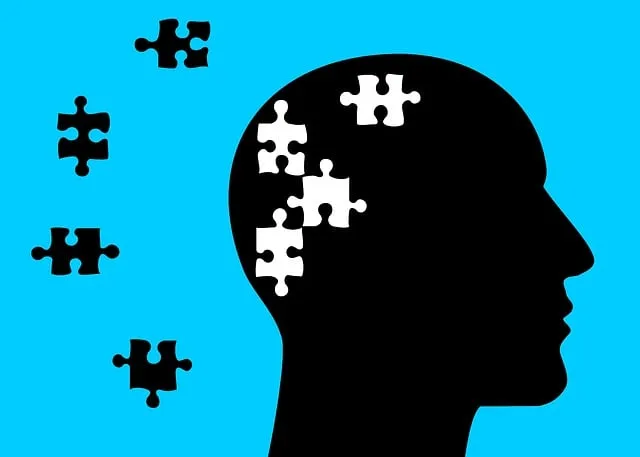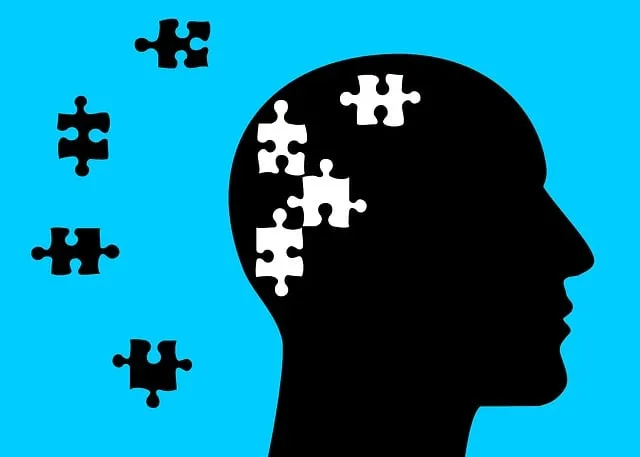The Kaiser Permanente behavioral health center in Lone Tree focuses on cultural sensitivity as a key aspect of its mental healthcare services, integrating tailored programs and strategies like Mind Over Matter principles and Coping Skills Development. Trained professionals create safe, inclusive spaces where every patient feels valued, using ongoing education to build cultural competence. This approach not only enhances care quality but also strengthens the bond between providers and diverse clients, promoting holistic treatment that addresses both symptoms and underlying cultural factors for lasting well-being.
“In an increasingly diverse society, cultural sensitivity in mental healthcare is no longer an option but a necessity. This article explores this critical aspect of healthcare delivery, focusing on the Kaiser Permanente Behavioral Health Center Lone Tree’s pioneering role in promoting cultural competence. We’ll delve into practical strategies for mental health professionals to integrate cultural sensitivity into their clinical practice at KP BHCT, ensuring effective and compassionate patient care.”
- Understanding Cultural Sensitivity in Mental Healthcare: A Necessary Approach
- The Role of Kaiser Permanente Behavioral Health Center Lone Tree in Promoting Cultural Competence
- Strategies for Incorporating Cultural Sensitivity into Clinical Practice at KP BHCT
Understanding Cultural Sensitivity in Mental Healthcare: A Necessary Approach

In today’s diverse society, cultural sensitivity in mental healthcare is more vital than ever. The Kaiser Permanente behavioral health center Lone Tree recognizes that understanding and respecting patients’ unique cultural backgrounds are essential principles for providing effective treatment. Mental health issues do not exist in a vacuum; they are deeply intertwined with social, economic, and cultural factors. Thus, a culturally sensitive approach ensures that every patient receives care tailored to their specific needs.
By incorporating Mind Over Matter Principles and Empathy Building Strategies, the Kaiser Permanente behavioral health center Lone Tree fosters an environment where patients feel heard and understood. This involves not just treating symptoms but addressing the underlying social determinants of mental health. Through Coping Skills Development, healthcare providers empower individuals to navigate challenges with resilience, drawing from their cultural strengths and values. Such holistic care is transformative, enabling patients to thrive rather than merely cope.
The Role of Kaiser Permanente Behavioral Health Center Lone Tree in Promoting Cultural Competence
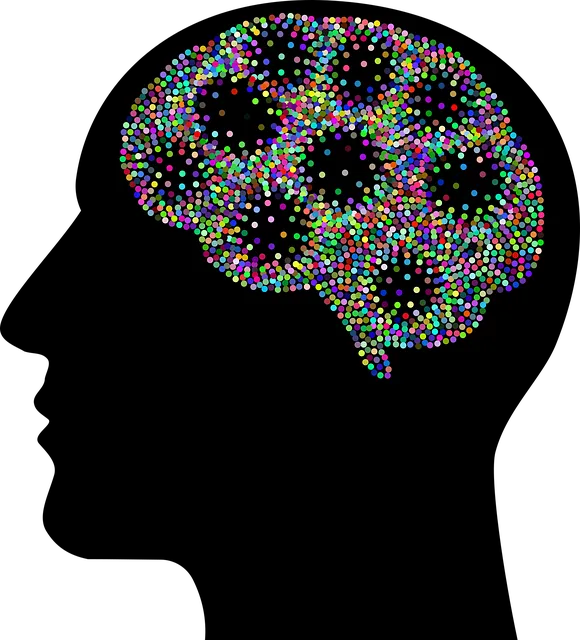
The Kaiser Permanente Behavioral Health Center Lone Tree stands as a beacon of cultural sensitivity in mental healthcare. Recognizing the diverse backgrounds and experiences of its clients, the center has integrated a range of compassionate cultivation practices into its service offerings. This includes tailored programs that address specific cultural needs, ensuring that all individuals receive respectful and effective trauma support services.
Staffed by trained professionals who understand the nuances of risk management planning for mental health professionals, the Kaiser Permanente Behavioral Health Center Lone Tree prioritizes creating safe, inclusive spaces. Through ongoing training and education, they foster an environment where every patient feels seen, heard, and valued. This commitment to cultural competence not only enhances the quality of care but also strengthens the bond between healthcare providers and their diverse clientele.
Strategies for Incorporating Cultural Sensitivity into Clinical Practice at KP BHCT

At Kaiser Permanente behavioral health center Lone Tree (KP BHCT), cultural sensitivity is woven into the fabric of clinical practice, reflecting a commitment to providing inclusive and effective care for a diverse patient population. Strategies employed include comprehensive training for staff on cultural competency, encouraging open dialogue about mental illness within various communities, and incorporating culturally relevant therapeutic approaches. For instance, KP BHCT offers Trauma Support Services tailored to address unique challenges faced by survivors from different ethnic and cultural backgrounds. Additionally, they facilitate Mental Illness Stigma Reduction Efforts through community outreach programs that promote understanding and empathy, fostering a supportive environment for all individuals seeking mental health support. Furthermore, Self-Care Routine Development for Better Mental Health is emphasized, recognizing the importance of culturally sensitive practices in encouraging sustainable self-care behaviors.
Cultural sensitivity is an indispensable aspect of mental healthcare, and the Kaiser Permanente behavioral health center Lone Tree plays a pivotal role in promoting cultural competence. By implementing strategies tailored to incorporate cultural sensitivity into clinical practice, KP BHCT ensures that all patients receive personalized, inclusive care. This approach not only enhances patient outcomes but also fosters a more equitable and accessible mental healthcare system, reflecting the diverse communities it serves, including Kaiser Permanente members.
